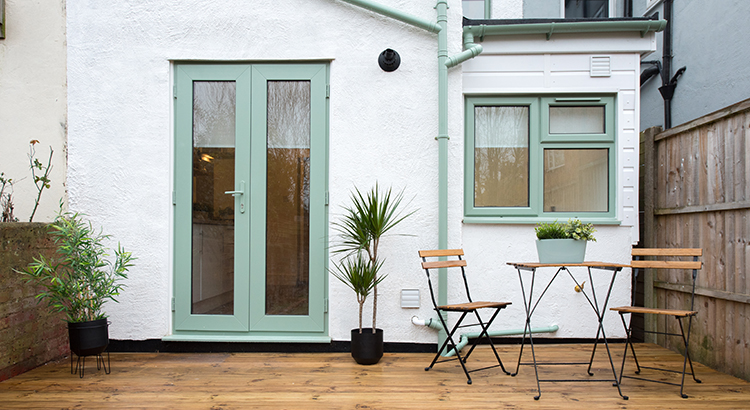Starting with a famous line from a movie…. it’s important that individual homeowners in condo associations be aware of how things in an HOA are run and the impact to them if they aren’t well run.
Many people choose condominium properties for the ease of maintenance that better fits their busy lifestyles. When you have a busy life, it’s nice to have someone else to worry about the exterior of the home, both structurally and for groundskeeping, as these are some of the biggest time and money hogs in single family home ownership. But, for condos, what really happens after the purchase? And, who is this board and what do they do anyway? You know, let’s get down to brass tacks and WIIFM – What’s In It For Me?
The HOA board is made up of other residents in the complex and how well your board will manage the property will be based partly on their skills. Many larger complexes also have a management company that is hired to help with the overall financial and building mangement. It’s important that even if you aren’t on the board, you should be paying attention to what goes on.
The Secretary should be providing accurate and meaningful meeting minutes.
The President should be following guidelines for adhering to the proper frequency of board meetings and all HOA meetings. It’s good to have someone in this position who is willing to work with others.
The Treasurer should be providing timely and accurate financial accountings of the HOA finances.
The entire board should be making sure that reserve studies and/or envelope studies are being completed as needed to insure that the external structure is properly maintained and appropriate dues are being collected for future repair or maintenance work.
Why should you care about these things?
1. Fiscal responsibility and good budgeting will help alleviate surprise “special assessments” that are repairs to the complex that aren’t budgeted for in the current dues. You also want to be sure that someone isn’t taking funds from your HOA’s coffers either. We’ve seen some special assessments as high as $70,000 on a unit valued at only $130,000. That’s a huge financial hit for that homeowner and it was caused by a board that wasn’t managing their HOA well and a refusal by all condo owners to raise dues regularly to meet long term maintenance and repair work.
2. Regular meetings and follow up on action items means you’ll have a more pleasant place to live. Issues will be more frequently addressed and problems can be nipped in the bud, so to speak, more easily when addressed early rather than later.
3. All of the documents that are required for running the HOA (it’s basically a small company) are necessary for reporting if any unit owner wants to sell their condo. Without these documents then the property begins to look less favorable to potential buyers.
4. Poor physical and fiscal maintenance detracts from the value of your property. You want to make sure that the hard earned money you spend on your monthly mortgage and dues is going to maintain a happy and healthy home for you. Loss in either of these areas will affect you.
All this being said, condominium life can be relatively carefree – just don’t think it’s like the life of a renter where all the decisions are up to someone else. Get involved, even if it’s just being sure you’re reading the meeting minutes to keep apprised of what’s going on and attending the annual meeting.

A great resource for condominium ownership is this book, The Condo Owner’s Answer Book, written by Beth A Grimm, attorney at law. She’s in California, so not all the things she covers may apply to your state, but overall it’s a perfect tool to get schooled on condo life and how to review an HOA when you’re considering purchasing. She also has several websites, one of which is http://condolawguru.com/ where you’ll find regularly updated columns.



